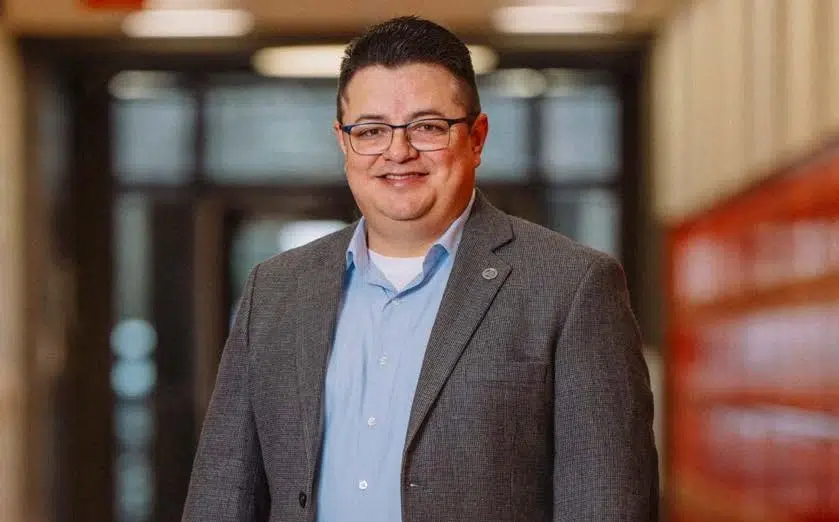By David Steinkraus
It was his brother-in-law who gave Jose R. Pareja his start in architecture. Today he is president of his own company, JP Architects Ltd. of Palos Heights, Illinois, and it’s because his architect brother-in-law tired of drawing plans by hand. “He said, ‘You know what? You know computers. Why don’t you learn AutoCAD and help me with work?’ And that’s when I was 18 years old,” Pareja said.
So Pareja taught himself AutoCAD, a complex piece of software used by architects, engineers, and other professionals who require precision drawings. At the time he was attending Moraine Valley Community College. “I thought I might as well go to school for this because I’m actually pretty good at it. And I fell in love with the complexity and how an architect takes just an idea and makes it a physical form that’s going to outlive us all.”
Adding people
Pareja is adding his 11th employee to the firm, and has an offer out for the 12th. This year has been a breakthrough year for his firm because it was selected as the architect of record for Community High School District 218 in Oak Lawn, Illinois. As architect of record, the firm has a contract for continuing design work. It also means the firm was the top pick after a series of interviews in a lengthy hiring process.
It took a few years for Pareja to arrive at this point. When he graduated from architectural school at the University of Illinois Chicago it was 2006, and he found a job working for a firm that designed residences. The Great Recession diminished that business and Pareja looked for a more stable job. He was hired by a firm that designed schools. It was just stable work at first, but it became more interesting to him because it’s complex.
“I like how hard it is,” Pareja said. It’s not just the designing, he said, but working with all the people involved, then taking all those ideas and melding them into a form that is within budget. During his long commutes, he started thinking about having a company founded on two principles.
“One is that the employees are the company’s greatest asset. So the way we measure success is if people who are working with us are doing just as well as we are. And the second is, as long as we take care of our clients, if we put them first, then everything is going to take care of itself. That’s the best marketing, if we just do good work,” he said. In 2015 he founded JP Architects.
Suburban trailblazing
The firm is about half minority, Pareja said. That mix proved its worth when the firm did studies for a performing arts center in Englewood built by the nonprofit Soundtrack Community Development and Talent Enhancement.
Pareja said he assembled everyone in a conference room and had them sketch ideas for an hour or two. Somebody had a brother-in-law who was in theater, he said. Another person knew something else. “With all those different backgrounds we were able to come up with a solution that we’re still very proud of to this day,” he said. And their architectural renderings enabled Soundtrack to acquire the land it wanted.
Working in the suburbs makes JP Architects unusual, Pareja said, because diversity goals and minority set-asides are largely nonexistent outside city of Chicago and Cook County. Perhaps a dozen architectural firms dominate suburban educational work, he said.
JP Architects does other work — in restaurants and for the state Capital Development Board — but school work is where Pareja said he wants to focus. In the next five years, he said, his goal is to have more school work across the state. A decade out, there’s nothing to say the firm’s Illinois work couldn’t be turned into work for the federal government, he said.
For the moment, JP Architects, as far as Pareja is aware, is the only Hispanic-owned firm that is architect of record for a suburban school district in Illinois.
“I’m really kind of proud of that, trying to trailblaze this entire market, the suburban school district market,” he said. “But it’s also sad that this is the state of affairs we’re at where there’s only one firm.”











